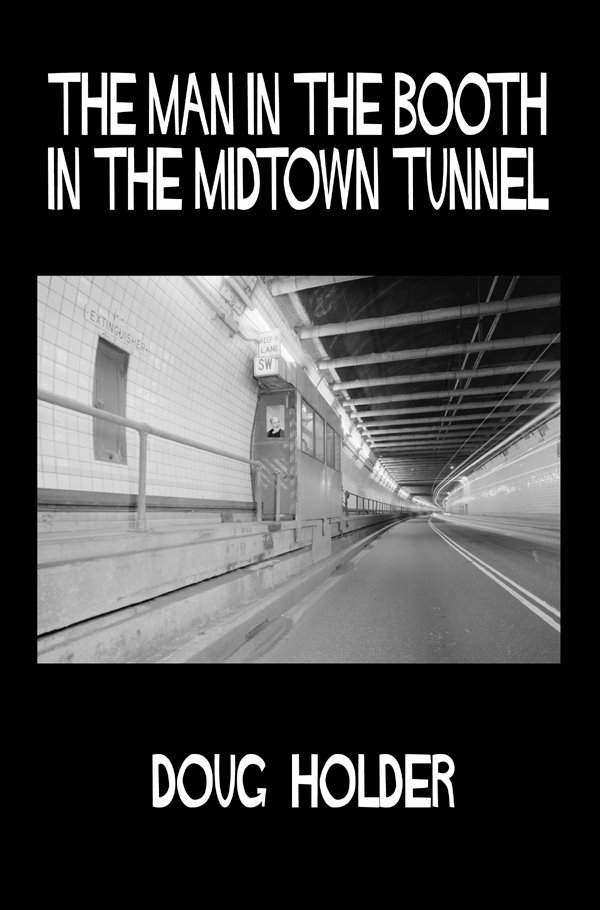Interview with Tom Perrotta
Tom Perrotta is an American novelist and screenwriter best known for his novels “Election” and “Little Children” both of which were made into critically acclaimed, Golden Globe-nominated films. Perrotta co-wrote the 2006 film adaptation of his book “Little Children” for which he received an Academy Award nomination for Best Adapted Screenplay. Perrotta will be the headline featured reader at the Somerville News Writers Festival on Nov. 11. I interviewed Perrotta recently for “The Somerville News.” For information about the festival go to www.somervillenewswritersfestival.com.
Doug Holder: Tom for the last twenty-five years I have worked at the psychiatric hospital McLean Hospital in your hometown of Belmont so I am aware of what the town is like. In your book “Little Children” you seem to fashion the setting after a town much like Belmont. The Boston Globe once opined that Belmont was the most “boring” town in the state. How is it for a writer?
Tom Perrotta: I live about ten minutes from Harvard Square, so my cultural life isn’t limited to Belmont.
DH: From some of your novels that I read I get a sense of contempt for the ‘burbs. Are you of the mindset that the suburbs are the home of “broad lawns and narrow minds” as Hemingway once wrote?
TP: I have no contempt for the suburbs whatsoever, and am puzzled when people observe that about the books. I grew up in the suburbs and live there now. “Little Children” isn’t so much about a place as it is about a time of life — the period around age 30 when adulthood sets in for good — and about the ambivalence a lot of people of my generation feel about parenthood. Any of the dysfunction found in the suburbs can be found in the city and in the country, too.
DH: Were you influenced by any of the “chroniclers” of the suburbs such as: Cheever, Richard Yates, or Updike?
TP: Updike’s Rabbit books are a huge influence. I particularly love “Rabbit Redux,” the novel in which Updike creates a microcosm of the 60s in one house. I tried, in my own modest way, to achieve something similar in “The Abstinence Teacher.”
DH: Any favorite Somerville-based writers?
TP: Steve Almond, Pagan Kennedy.
DH: Did you ever dabble in poetry?
TP: Nope.
DH:This will be your second appearance in the Somerville News Writers’ Festival. We are quite grateful. I am aware that you will be on tour and will be reading at larger venues across the country. Do you have a commitment to the local literary community?
TP: I love the local writing community—I think it rivals any in the country—and I enjoy my hometown events way more than I enjoy being on the road.
DH: Are you a frequent visitor to Porter Square Books and McIntyre and Moore?
TP: They’re both excellent stores, though for some reason I don’t get to them as often as I’d like. I end up doing a lot of my book shopping in Harvard Square.
DH: Can you tell us briefly about your new book: “Abstinence Teacher?”
TP: “The Abstinence Teacher” is a novel inspired by the culture war that’s been going on for the past twenty years or so. It has two main characters, one a liberal sex education teacher, the other a born-again Christian, who live in the same community, and whose daughters play on the same youth soccer team. The novel explores the separate worlds that they live in, and also tries to shed some light on the things they have in common as well as on the things that divide them.
DH: It is a popular notion in literary circles that Hollywood can ruin a writer. William Faulkner said that if you are going to be ruined, you can be ruined anywhere—or words to that affect. What’s your take?
TP: Faulkner spent some time in Hollywood, and it didn’t seem to ruin him. I like movies, and I like writing for them. I just don’t see any downside to it, as long as I can set aside the time to keep writing fiction.
Wednesday, July 16, 2008
Subscribe to:
Post Comments (Atom)

No comments:
Post a Comment